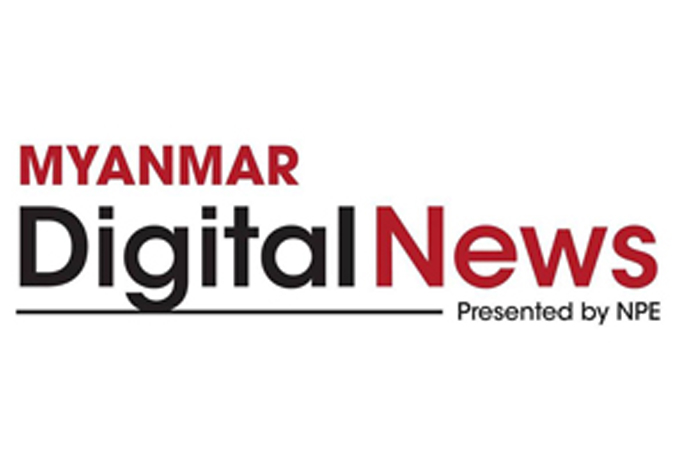12 June
The Ministry of Health and Sports has sought ways for providing more effective healthcare services in Leshi, Lahe, and Nanyun townships in the Naga Self-Administered Zone of Sagaing Region, with extended undertakings covering vaccination, nutrition, maternal and child health, hygiene, school health, and environmental cleanliness.
The provision of healthcare remains the responsibility of the Union Ministry of Health and Sports. The assignment of the Ministry’s staff in isolated areas has been a challenge for a long time due to lack of proper infrastructure, and difficulties in communication and transportation. They are the root cause of several problems in the Naga Self-Administered Zone, including malnutrition, disease outbreaks, and low levels of health knowledge and literacy.
Language barriers also pose significant challenges to providing effective health education messages and quality healthcare in the zone. The Naga community comprises several tribes and clans, and the Naga people speak 89 different languages and dialects.
The outbreak of a ‘mystery’ disease in the Naga Self-Administered Zone in 2016 made headlines, shedding light on healthcare services in the area.
The unidentified disease started affecting people living in HtanKhawLanma village of Lahe Township in June, 2016.
The disease spread quickly to other villages, including those in Nanyun Township, and led to the death of a number of children. The health authorities at both the regional and union levels were notified about the outbreak. They were told the symptoms of the disease were fever, coughing, rashes, and red and sore eyes. After hearing the news, health officials traveled to the area and confirmed that the ‘mystery’ disease was actually measles.
Measles is a highly infectious disease caused by a virus and spreads easily through coughing and sneezing. It can also spread through contact with nasal secretions. But, it can be prevented with a measles vaccination.
Preventable and curable diseases are occurring in the Naga Self-Administered Zone as people lack health knowledge.
Therefore, priority must be given to promoting health literacy, with healthcare professionals making efforts for increasing public understanding of health issues.
Taking into consideration the basic needs, including geography, transport, farming, trade, socioeconomic situation, development, health, knowledge level, belief, culture, customs, availability of healthcare, ability of healthcare providers, human resources, and other factors, we can find the best program for the region.
But, participation and inputs from local health officials, doctors, nurses, NGOs, and other persons in the health field are crucial to the mission.
GNLM


